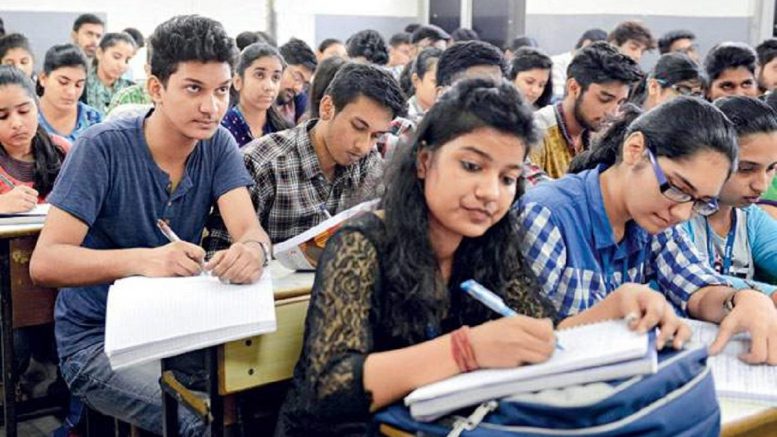Self-harm, substance abuse, bullying, sexual experimentation and the possibility of pregnancy, sleep-related issues, loneliness, weight loss, acidity and anxiety are common among students in Kota, the coaching class capital of Rajasthan famous for offering preparatory courses to IIT hopefuls, a report by the Tata Institute of Social Sciences has said.
The report, submitted recently to the Kota district administration which had commissioned a study to find out reasons for student suicides, has a crucial suggestion for parents who aspire to send their children there: “Do an initial recce, if possible, to understand the atmosphere of Kota, to decide if it is right for your children. Kota is not the best place for all children; some find it difficult to adjust to living away from home.”
The study has also suggested ways to ease academic stress. Class sizes in coaching academies could be cut to a fifth. Advertisements on exam results could reveal the truth instead of throwing up fantastic numbers. Recreational activities such as music and dance could be woven into the rigorous competitive exam preparation timetable, and batches may no longer be segregated based on academic performance.
Between 2013 and May 2017, 58 student suicides were reported at coaching centres in the district, show police records, which however give no information on attempted suicides. In fact, between 2011 and 2014, suicides in Kota due to failure in exams made up the highest percentage of such deaths among 88 Indian cities considered for the study.
Every year, approximately 1.5 lakh to two lakh students come to Kota to realise their dream of getting into an engineering or medical college. Who are these students — mostly boys and a few girls? What is a day like for them? What do they eat? What academic pressure do they face? How does Kota treat them?
The researchers — dean of the TISS school of human ecology, Sujata Sriram, assistant professor Chetna Duggal, counsellor Nikhar Ranawat and counselling psychologist Rajshree Faria — looked into all these questions, with the respondents giving replies on a “perceived stress scale” framed for the survey. “Forty-nine per cent of respondents cited feeling nervous, worried and scared; 42% mentioned that their friends were nervous, scared and worried. Thirty-seven per cent said they felt easily annoyed or irritable, followed by 32% who said they were upset or sad for most part of the day or for many days at a time,” stated the report.
“Feelings of hopelessness and helplessness were expressed by 28% respondents; another 28% expressed feelings of worthlessness. Serious concerns of feeling like a failure and letting down the family were expressed by 27% of the respondents.”
Many students reported sleep-related problems, of not being able to wake up or falling asleep or staying asleep. Problems of constantly feeling tired were mentioned, as were those related to eating and food and loss of appetite and weight. While digestion trouble figured on the list of issues, around a third of the female students spoke of problems with their menstrual period, the report stated.

Be the first to comment on "Why Kota may be a bad place for your child? Suicide, Stress"